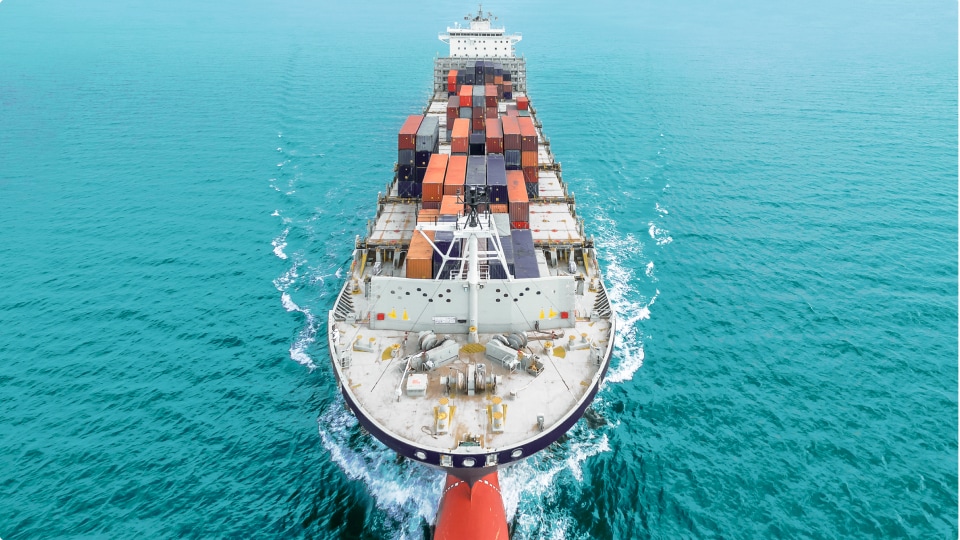What is a Letter of Indemnity (LOI)?
A Letter of Indemnity (LOI) is a legally binding document that guarantees that certain conditions will be met in an agreement between two parties. In the shipping industry specifically, an LOI may be useful if a shipper needs their cargo carrier to do something that is considered outside of “standard” practice to keep a shipment moving.
Some examples of when you may want to use an LOI:
- To release cargo without a Bill of Lading. If shipping documents are misplaced or do not arrive with the cargo, a cargo interest (typically the shipper or consignee) may ask the carrier to release a shipment without an original Bill of Lading in-hand (avoiding extra demurrage and other fees). In this case, the carrier can be issued an LOI to protect them should an issue arise after the shipment is released.
- If a shipment is delivered to a different port. A shipment’s Bill of Lading usually specifies the port that a shipment is expected to be delivered to. If for any reason the destination port changes, thus contradicting the terms in the original Bill of Lading, an LOI will authorize the change and guarantee that any additional charges will be covered by the cargo interest.
- If any other changes are made to the original BOL terms. If the original bill of lading is altered or split, an LOI can give the carrier protection and authority to continue to transport the goods under the new terms.
- If special handing is required. If cargo requires special equipment, such as temperature-controlled containers or additional support for overweight or unbalanced cargo, a carrier may ask for an LOI to protect them against possible damage that could occur during travel or loading/unloading.
- For unclaimed cargo. If, for whatever reason, the consignee does not accept delivery, an LOI would release the carrier from liability/responsibility once the goods were no longer in their possession.
An LOI must clearly list all of the parties involved (shipper, carrier and when applicable, consignee or recipient) and should include as much detail as possible (i.e. vessel name, ports of origin and destination, description of goods, container number, specifics from the original bill of lading, etc.). It must include information about to what extent the carrier is liable (most will want a complete exemption of liability) and should name the law and venue, in the event of a dispute.





